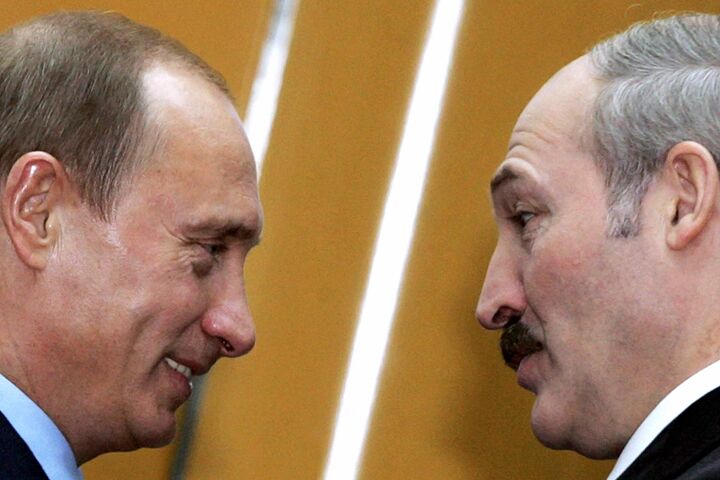
Belarus Crawls to Russia
Russia has taken another major step in its well-documented push to control energy supplies. Thanks to hard-nosed dealings by Moscow, Belarus has little choice but to accede control of its natural gas pipeline to Gazprom, the Kremlin-controlled gas giant. One fifth of Europe’s natural gas supply comes through these pipes.
At the beginning of this year, Russia raised the price of gas from $55 per 1,000 cubic meters to $100. Belarusian President Aleksandr Lukashenko tried to respond by adding a tariff to the gas, but thought better of it when Moscow suspended all shipments to Belarus on January 8. President Lukashenko removed the tariff by the end of the day. European natural gas supplies had already begun to dwindle as a result of the wrangling between Belarus and Russia.
President Lukashenko, known as “the last dictator in Europe,” could have sought Western support, but instead allowed the resultant debt to mount, giving Russia the inroad it needed to further secure the energy supply.
Since Belarus did not have the kind of money Moscow demanded, President Lukashenko continued to pay $55 per 1,000 cubic meters while his government’s debt to Moscow ballooned to $450 million. Now Belarus has succumbed to the Russian plan to buy a 50 percent stake in Beltransgaz, relinquishing control over the pipelines to Moscow.
President Lukashenko took the opportunity to fire the heads of Beltransgaz, the petrochemicals company Belneftekhim and the Belarusian Oil Company, and blamed a political rival for the poor relations between Russia and Belarus; scapegoats abound. But Russia has exactly what it wants: cemented control over a significant portion of Europe’s natural gas supply.
This isn’t good news for Europe, which learned that Russia can be a fickle energy partner when Moscow turned off the gas to the Ukraine in January 2006, a move that cut off Europe’s gas supply. For more information on Russia’s manipulation of regional energy supplies and what this means for Russo-European relations, please read “Russia’s Deadly New Weapon” from the March 2007 Trumpet.
